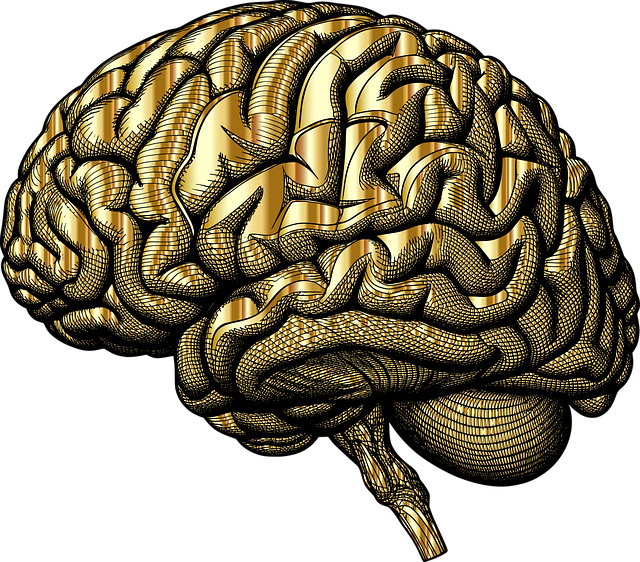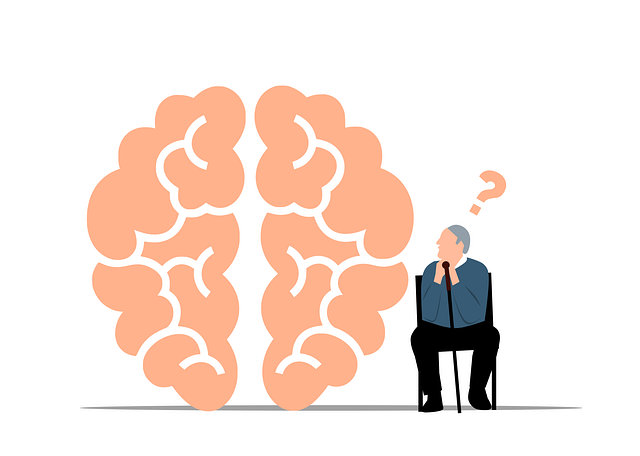Mental health assessments have evolved beyond traditional methods, incorporating innovative techniques like Boulder Sexual Dysfunction Therapy to gain deeper insights into patients' well-being. This shift focuses on addressing specific mental health aspects, improving diagnosis accuracy through digital tools, and promoting self-care practices for both patients and healthcare providers. By integrating technology with evidence-based practices, professionals can offer more personalized and effective treatment plans, enhancing patient outcomes regardless of geographical location.
Mental illness diagnosis accuracy has long been a subject of concern, with many challenges arising from subjective assessment methods and societal biases. This article explores efforts to improve diagnosis reliability through enhanced evaluation techniques, addressing stigma, and continuous training for healthcare professionals. By integrating innovative technologies and evidence-based practices, such as those seen in Boulder Sexual Dysfunction Therapy, we aim to uncover accurate diagnoses and provide tailored treatments. We discuss successful case studies, deconstruct societal stigmas, and emphasize the importance of inclusive clinical environments for improved mental health care.
- Enhancing Assessment Techniques for Accurate Diagnoses
- – Exploring innovative methods in mental health evaluation
- – Integrating technology and evidence-based practices
Enhancing Assessment Techniques for Accurate Diagnoses

In recent years, there has been a growing emphasis on enhancing assessment techniques to improve the accuracy of mental illness diagnoses. This involves integrating diverse methods that go beyond traditional questionnaires and interviews. For instance, the incorporation of Boulder Sexual Dysfunction Therapy demonstrates how specialized treatments can contribute to more nuanced evaluations. By addressing specific aspects of mental health, such as sexual well-being, professionals can uncover symptoms that might otherwise be overlooked in general assessments.
Furthermore, promoting Self-Care Practices and providing Healthcare Provider Cultural Competency Training play pivotal roles in this process. Encouraging patients to maintain Mental Wellness Journals with guidance on reflective writing can offer valuable insights into their experiences and behaviors. This self-assessment practice complements clinical evaluations, enabling healthcare providers to make more informed decisions. Such holistic approaches not only enhance diagnosis accuracy but also foster personalized treatment plans that cater to each individual’s unique needs.
– Exploring innovative methods in mental health evaluation

In recent years, there has been a growing emphasis on exploring innovative methods in mental health evaluation to enhance diagnosis accuracy and improve patient outcomes. This shift is driven by the recognition that traditional assessment techniques may not always capture the nuanced complexities of mental illnesses. Professionals are now turning to advanced tools and approaches, such as digital assessments and teletherapy, which offer greater accessibility and flexibility for both patients and healthcare providers. For instance, Boulder Sexual Dysfunction Therapy has utilized these innovations to cater to a broader range of individuals seeking support.
One notable area of interest is the integration of Burnout Prevention Strategies for Healthcare Providers into mental health evaluations. By addressing provider burnout, which can impact diagnostic accuracy and patient care, mental health professionals can ensure they are at their best when assessing and treating patients. Additionally, promoting Positive Thinking as a preventive measure has shown promise in reducing symptoms of depression and anxiety, further improving the effectiveness of diagnosis and treatment planning. These efforts collectively point to a more holistic and efficient approach to mental health evaluation.
– Integrating technology and evidence-based practices

Integrating technology with evidence-based practices has emerged as a powerful strategy to enhance mental illness diagnosis accuracy. Online platforms and digital tools now facilitate comprehensive assessments, offering therapists and clients accessible resources for detailed evaluations. For instance, teletherapy sessions enable individuals seeking support, like those dealing with Boulder Sexual Dysfunction Therapy, to access specialized care remotely, ensuring continuity in treatment despite geographical barriers.
This fusion of technology and therapeutic expertise streamlines the diagnosis process by providing data-driven insights into patients’ emotional healing processes. Moreover, digital interventions, such as Mental Wellness Podcast Series Production and Stress Management Workshops Organization, cater to diverse needs, making mental healthcare more inclusive and accessible. By combining these innovative approaches, professionals can offer tailored support, ultimately improving diagnostic accuracy and patient outcomes.
Mental illness diagnosis accuracy has seen significant advancements through enhanced assessment techniques and the integration of innovative technologies. By combining evidence-based practices with advanced tools, professionals in the field, like those at Boulder Sexual Dysfunction Therapy, can provide more precise evaluations, leading to improved treatment outcomes. This ongoing effort not only benefits individuals seeking help but also contributes to a more comprehensive understanding of mental health conditions.










